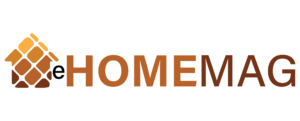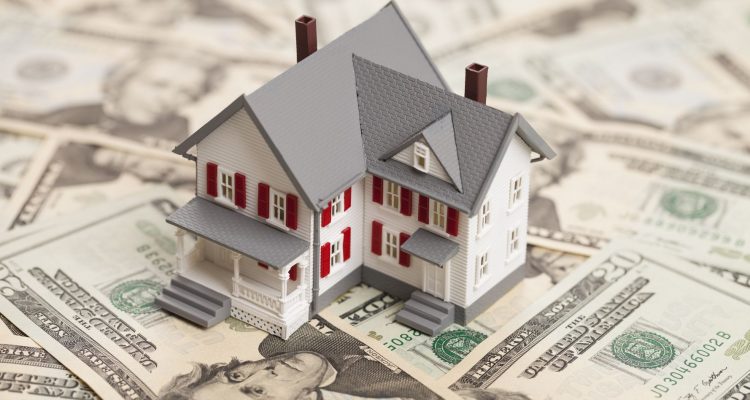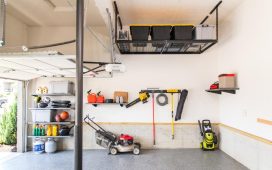Buying a new or previously owned home is an exciting experience but also a stressful time because a home purchase is likely your biggest financial investment. When it comes to making the purchase, it’s important to understand all of the financial costs. Beyond mortgage and homeowners insurance, there are additional or hidden costs when you sign the sale agreements. Below is a list of key hidden costs homebuyers should be aware of when searching for a new home.
-
Home/Property Taxes
Property taxes can be very high in some areas and much more affordable in other areas. Make sure you know how much your property taxes will be and the chance that they may increase in the future. In some cases, property owners may suddenly find themselves with a supplemental property tax bill at the end of their first year of ownership. For instance, if the county assesses your home was undervalued at the time of sale, you may have to cover the tax difference in it’s new appraised value.
- Escrow Costs
To cover costs such as property taxes and homeowners insurance, buyers will likely be asked to pay for their escrow account upfront. Escrow becomes a key part of the home buying budget as many lenders will require that extra money remain in the account.
- Homeowner’s Insurance
Pretty much the majority of lenders require home buyers to purchase homeowners insurance. homeowners insurance may be included in your monthly mortgage rate. It’s important to be aware that there’s a possibility it could go up or down depending on your coverage needs. Homeowners and flood insurance usually cover damages caused by:
Theft and vandalism
Tornadoes, hurricanes or earthquakes
Floods, fires, windstorms, lightning, hail or falling objects like a tree
Additionally, homeowners insurance may cover:
Personal property
Liability claims from third-party injuries that take place on your property
Living expenses if your home is deemed uninhabitable
- Interest Rates
Having a good credit rating will likely result in a lower interest rate which could add up to big savings. With a poordredit rating, you will likely pay higher interest rates.
- Utilities
The cost of utilities can really add up over a year. particularly if you’re moving into a big home. Such costs, including installation, can include:
Electricity
Gas
Sewer
Water
Cable & internet
- Home Maintenance and Repairs
It is inevitable that there will be costs associated with home repairs, appliance repairs or replacements, and renovations. This can add up to costly expenses over the years. Remember to account for the cost of these expenses when creating your home budget. Because over time, systems and appliances become worn and breakdown due to normal wear and tear, repair and replacement can cost hundreds or thousands. Rather than emptying the savings account or maxing out the credit card, many homeowners are purchasing home warranties to protect themselves from unforeseen repair or replacement costs.
A home warranty plan is a plan that provides coverage for unforeseen repair bills for items covered under the particular agreement that would not normally be covered under homeowners insurance or manufacturer’s warranty. There are warranty plans that offer coverage for current and ageing home systems and appliances, regardless of make, brand, age or model, in order to protect against possible future repair costs. Buying a home warranty plan can help reduce some of the financial strain that new and current homeowners have to deal with when an appliance or home system suddenly breaks down. The savings from a repair or replacement is much greater than the cost of the actual warranty.
- Closing Costs
Closing costs include various fees that are paid at the end of a home buying transaction. You can expect to pay fees that can include:
Cost of inspection
Lawyer fees
Recording costs
Appraisal fees
Document fees
Title Search
Survey fee
Sales commission
Homeowners insurance
Home warranty
You should ask your realtor to go over what will be included in the closing costs. It can be a real headache calculating the hidden costs of purchasing a home, but knowing the true numbers can help you better prepare for the costs of new homeownership.







